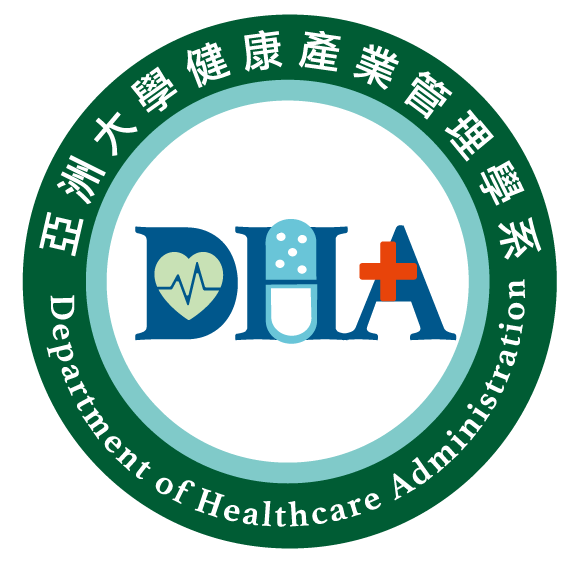The winner of 2014 Nobel Prize for Economics, Dr. Jean Tirole gave a speech in Asia University today (20th). He encouraged the young attendees to obtain fine education by studying hard. Young people can learn how to adapt to a rapidly changing environment through education. The key to success is passion more than IQ and education. For the past six years Asia University has been hosting the Nobel Master Forum. We have invited 14 Nobel laureates to give speech in campus. This year the Economic Daily News organized 2015 Nobel Master Forum and invited Dr. Tirole to visit Taiwan and Asia University. The forum was hosted by Su S.C. Huang, President of Economic Daily News, and Jing-Pha Tsai, President of Asia University. President Tsai also moderated a roundtable discussion with Chih-Chin Ho, President of National Taipei University, Christina Y. Liu, Managing Director of Bellwether International Groups, Chih-Yi Chi, Professor of Department of Finance, National Chung Hsing Univervisty. The forum attracted more than 500 attendees including teachers and students of Asian University, senior-high-school students of National Taichung First Senior High School, National Taichung Girls Senior High School, National Changhua Girls' Senior High School, and several entrepreneurs. The topic of Dr. Tirole’s speech was “Market Failures and Government Regulation.” He talked about the issues related to competition and monopoly. Dr. Tirole pointed out three major advantages resulting from competition. Those advantages include lower price, stimulating innovation, and curbing corruption. Many monopolies lead to inefficient and low-quality services. Government can regulate monopoly and oligopoly by various approaches. Particular attention should be given to the monopolistic supply chain relationship, in which the upstream enterprises may cooperate with the specific down-stream enterprise to monopolize the market and thus to limit the growth of other down-stream enterprises.
Although economists advance various control measures, such as Antitrust Act, Dr. Tirole indicated, the obstacle to regulate is due to the shortage of information. Government has less information than the industries, and thus cannot perform reasonable and validate control measures. In addition, Gresham's Law—bad money drives out good—probably results in another obstacle of regulation. The authority should be the independent institution that is not influenced by politics and industries. How is the operating mechanism of Intellectual Property Rights? Dr. Tirole stated that in accordance with a patent license, royalties are paid to the patent owner in exchange for the right to practice patent rights. However, it never occurs to the patentees that the mechanism may scare away the entrepreneurs engaging in product development. In response to this case, the concept of patent pool appears. Patent pool is a consortium of the patentees agreeing to cross-license patents related to a particular technology, which can save patentees and licensees time and money. But this mechanism probably leads to the problem of monopoly. Economists are responsible of providing information with the authorities for formulating the right policies. A Ph.D. student, Aini, from the College of Management in Asia University raised a question: “What is the future of global economic trend?” Dr. Tirole responded that the economic development rapidly changes due to the global trends, including immigration and digitalization, and encouraged that people need to flexibly adapt to these changes. One of the attendees raised another question: “Now the construction industry attempts to address carbon emissions by planting a large number of trees. Does the government tax or subsidize?” As to this question, Dr. Tirole suggested that the whole world should make a joint agreement on the carbon price; however, the ideal carbon price varies across nations. There is a need to estimate a reasonable carbon price. “If I plan to study economics, what would you suggest?” A student of National Changhua Girls' Senior High School asked. Dr. Tirole replied that if you want to study economics, you need to think in economist’s manner. Mathematic skill is necessary. You also need to learn how to apply what you learn in the classroom to the real world. In addition to studying hard, you need to be passionately fond of work. “Economics can help us understand and resolve various problems facing the industries.” Dr. Tirole said. The primary task for economics is to make the world better.
|








